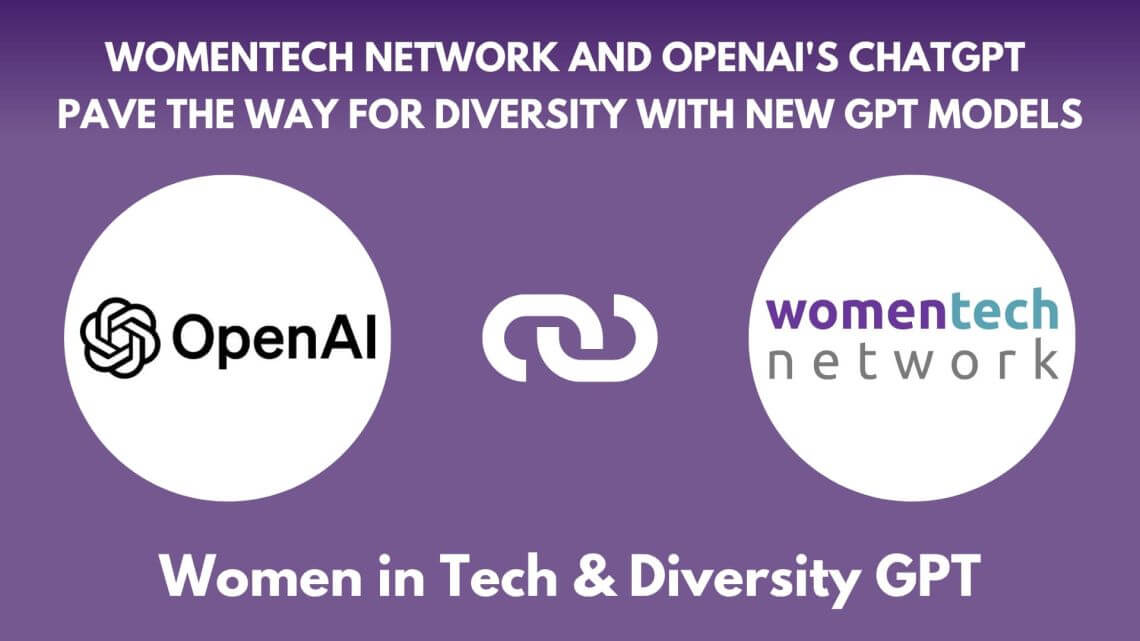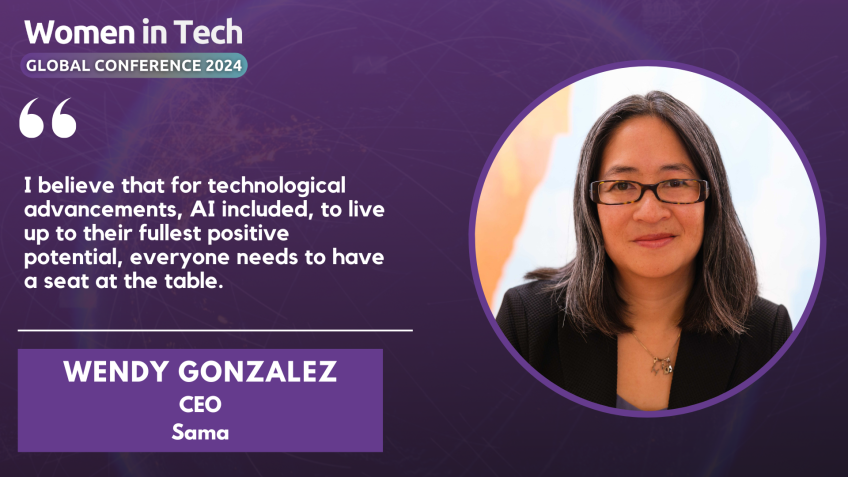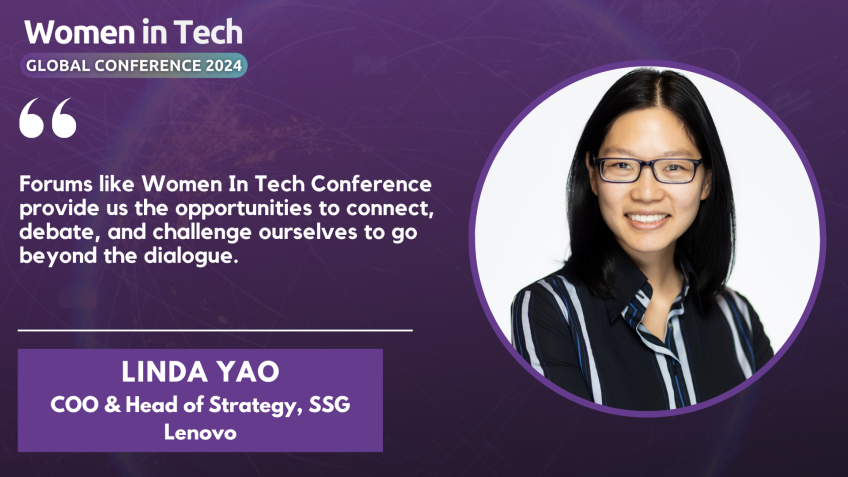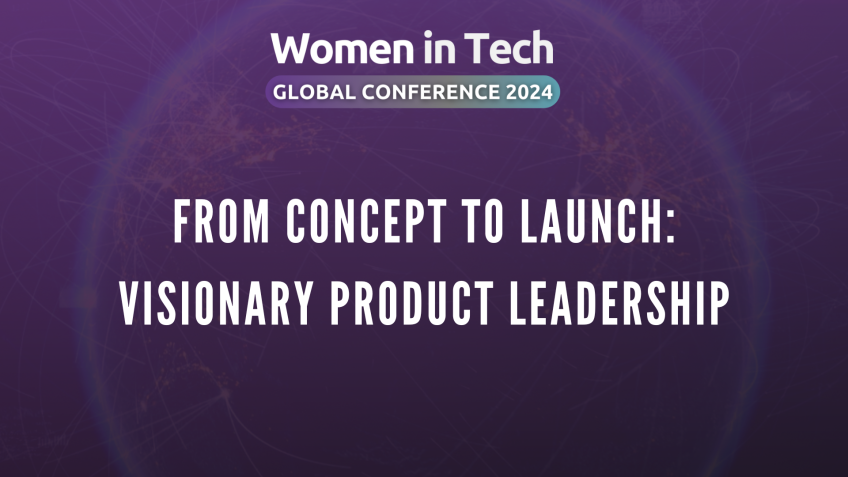
Last year, the world witnessed the unparalleled impact of generative AI on society, stirring a mix of hope and apprehension. Amidst this backdrop, significant societal and geopolitical divisions widened, with a noticeable decline in efforts focused on Diversity, Equity, and Inclusion (DEI). As 2024 dawns, the pressing question is whether generative AI can mitigate these societal challenges, particularly in fostering equality.
In a landscape where figures like Reshma Saujani have used AI to champion women's rights and equality, Anna Radulovski and the WomenTech Network have emerged as visionary leaders. They have embraced OpenAI's ChatGPT to develop tools and platforms aimed at addressing the diversity and inclusion gap in the tech industry.
AI as a Tool for Equality and Inclusion
Anna Radulovski, like Saujani, recognizes the potential of AI as a transformative force. While Saujani leveraged AI for PaidLeave.ai, aiding mothers in understanding their entitlements to paid leave, Radulovski's focus is on dismantling barriers in the tech sector. Under her leadership, WomenTech Network has been instrumental in using AI to create inclusive environments and opportunities for women and underrepresented groups in technology.
The network’s innovative use of customized ChatGPT models is a testament to their commitment to making the tech industry more inclusive. These AI models are designed to address specific challenges, including closing the gender pay gap and creating more equitable career advancement opportunities.
Access the GPT models here:
The Vision: Inclusivity Through Technology
Anna Radulovski’s vision is rooted in the belief that technology, specifically AI, can be a great equalizer. WomenTech Network’s initiatives focus on providing tools and resources that empower women in tech, fostering a sense of community and support. These efforts are not just about advocacy but are about building tangible solutions that address systemic inequalities.
Challenges and Opportunities
The journey is not without challenges. As Saujani pointed out, the risk is that the doomsday narrative surrounding AI could become a self-fulfilling prophecy. Radulovski shares this concern but chooses to focus on the positive potential of AI. “If we harness AI responsibly, we can create tools that not only level the playing field but also open up new avenues for innovation and growth in tech,” she asserts.
Looking Ahead
As WomenTech Network continues to pioneer the use of AI for diversity and inclusion in tech, their work serves as a model for how technology can be leveraged for societal good. The network’s initiatives are crucial steps toward a more diverse and inclusive tech industry, resonating with the broader movement for female equality and empowerment.
In conclusion, the work of Anna Radulovski and the WomenTech Network, much like Reshma Saujani’s efforts, exemplifies the profound impact that thoughtful application of AI can have on society. Their initiatives offer hope and a roadmap for using technology to create a more equitable world, particularly in the realm of tech, where diversity and inclusion have long been overdue. As we venture further into 2024, their endeavors stand as beacons of progress, showcasing the power of AI as a tool for positive change.






